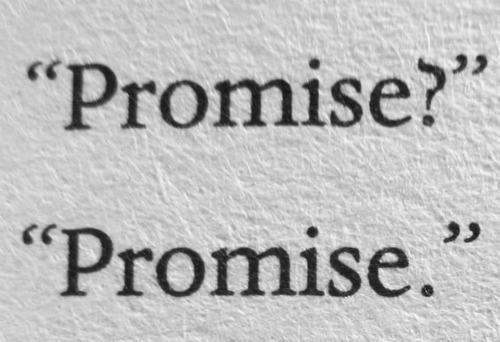Maybe we did learn everything we needed to know in Kindergarten. Being a good teacher means being a good person, but, despite the simplicity of an idea like honesty, it is incredibly difficult to embody “goodness.”
We have a tendency to try and think our way out of situations; since the invention of the wheel, through the agricultural and industrial revolutions, mankind has repeatedly tried to solve its problems (real and perceived) by out thinking them. In truth, this is often an easier way out than confronting more substantial issues.
While we have extended human lifetimes and made living more convenient, we are still working as much as the average pre-industrial society, still bound by our insecurities, and still locked into warfare by our anger, defensiveness, and greed.
The fundamental issue, I believe, is that our problems, our real problems, cannot be out thought. Fear cannot be out thought. Sadness cannot be out thought. And joy cannot be bought.
 I have seen children in dire poverty who are happier than those afforded every material convenience. I have had the privilege of working with the some of the most impoverished people in the world, and some of the most affluent. And I have become convinced that happiness, and perhaps the survival of our species, is rooted in integrity. Saying what you mean. Meaning what you say. Keeping promises.
I have seen children in dire poverty who are happier than those afforded every material convenience. I have had the privilege of working with the some of the most impoverished people in the world, and some of the most affluent. And I have become convinced that happiness, and perhaps the survival of our species, is rooted in integrity. Saying what you mean. Meaning what you say. Keeping promises.
What does this mean for my educational philosophy at High Trails? It means you walk your walk and talk your talk. The intentionality behind speaking to environmental issues means that I need to carpool on weekends. I need to think about my electricity usage, and how long I leave the water on during a shower. More than ever, I am convinced that the truth of one’s personhood shines brighter than any words or activities, and that science lessons will be hollow when spoken without the commitment of one’s life choices.
A study cited in Discover magazine described a simple scenario in which children were offered one marshmallow in the immediate present and two if they had the patience to wait a few minutes without eating the first ‘mallow.
When this promise was broken with any frequency, children consistently chose to eat the first marshmallow without waiting for the second. The short and long is what we all know – when promises are broken, people look to the immediate present for gratification rather than thinking about the future. Here’s the original article
In consideration of our planet earth, what this means, I believe, is that when we live without integrity, we pass a very short-term view of life and happiness on to our children. What we tell them is meaningless if our actions don’t match up. What we hope for their long-term security is futile if we model lives which value instant gratification.
My hope, then, is not that any educator, parent, or role model becomes a more clever teacher – rather, I hope we become better human beings.
At High Trails Outdoor Science School, we literally force our instructors to write about elementary outdoor education, teaching outside, learning outside, our dirty classroom (the forest…gosh), environmental science, outdoor science, and all other tree hugging student and kid loving things that keep us engaged, passionate, driven, loving our job, digging our life, and spreading the word to anyone whose attention we can hold for long enough to actually make it through reading this entire sentence. Whew…. www.dirtyclassroom.com

Comments are closed.